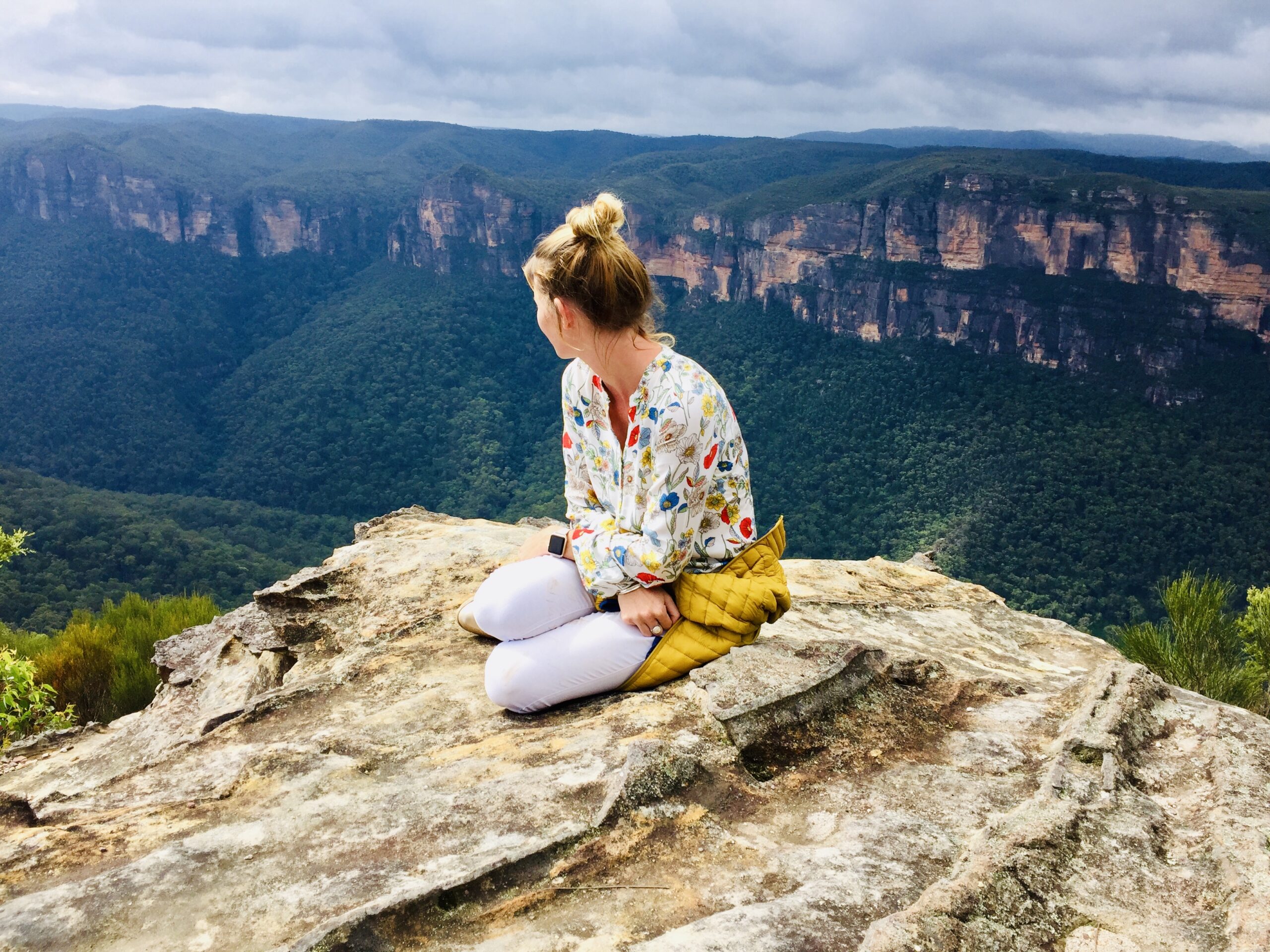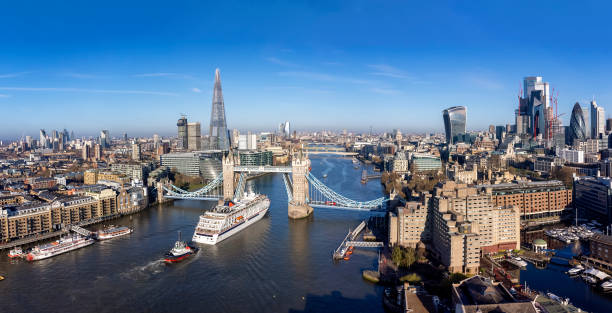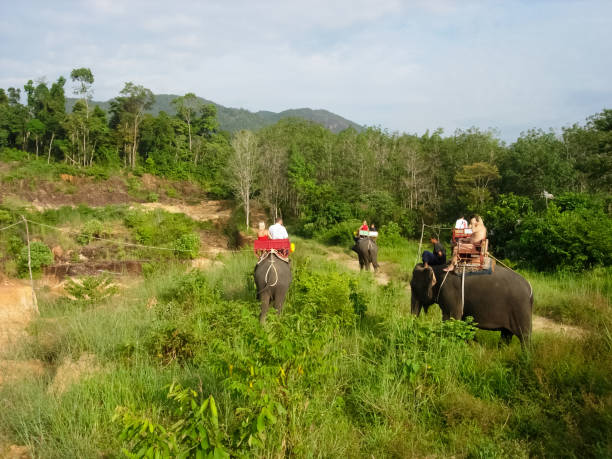A BEGINNER’S GUIDE ON HOW TO PLAN YOUR TRAVEL BUDGET
How can you ruin an incredible vacation? You run out of money before your vacation is over.
Budgets are an essential part of travel planning. It is not what you want to do when you arrive in another country and find no money left to buy food for the final three days.
You’ll be able to save so much time and worry by putting in some thought before you leave.
There are so many things to consider when budgeting for a trip. It can feel overwhelming at times. Don’t worry, I’m here to help. Today, I will share my method for creating a travel budget.
Budgeting for travel
When I create a travel budget, expenses are divided into three categories.
- Preparation expenses
- Actual Vacation Expenses
- Not-for-Profit Funds
1.Preparation expenses
All expenses related to preparation include the amount you spend before your trip. These are just a few examples of what you will need to have in your preparation expenses.
Visa and Passport
These costs can vary depending on where you live or where you travel, but they are to be addressed. Do your research and budget for your passport and visa.
Travel Insurance
Although travel insurance is not required, it’s a good idea. You should research all options, especially if you are planning on traveling for a long time. You should at least purchase health insurance if you are traveling for longer than one week.
It’s impossible to predict what could happen while you’re away. You don’t want to return home with thousands of dollars in debt to another country just because you fell on a rock hiking or that you drank unclean water. There are many affordable options.
Vaccinations
Although they are generally relatively inexpensive, vaccinations can save you a lot of money later. So go ahead and look for vaccines that are recommended for your destination.
Luggage/Travel Gear
This is a broad category and will depend on what you have and what you deem necessary. Backpacks, purses, money belts, and cameras are all acceptable. International phone plans are also accepted. This category includes neck pillows, neck pillows, and anything else that will make traveling easier or more enjoyable.
Transport
This will include airfares, trains, and automobiles that you need to get to your destination. This has significant routes and not inner-city transport.
Although this list may seem long, it is likely that you already own many of the more costly items on your preparation list, including a passport, luggage, and camera. These items can also be used as investments in future travel.
2.Actual Vacation Expenses
Next, Actual Vacation Expenses will look like the following:
Accommodations
Where will you sleep? You’re lucky to be on World packers, so there are many opportunities for you to keep this expense at $0 through the work exchange.
This will become one of your most significant expenses. It is essential to research the actual rates for your specific dates and destinations when you plan. Rates can change significantly depending on the season and other factors.
Food and Drink
The internet has a wealth of information about how much to budget, depending on where you are. When planning your meal budget, consider how much alcohol you have and whether you have access to breakfast at no cost.
Tours/Activities
It is a good idea to create a list of the things and tours you want to do during your vacation and estimate how much each one will cost.
Transport for the Smallest of Things
You should consider whether you will be walking, or if you will need a taxi or another means of transport within the city. This will help you determine how much it will cost. You could also rent a motor scooter or bicycle.
Souvenirs
It will depend on how many souvenirs you have and which types you intend to buy. To avoid any surprises at reentry, familiarize yourself with Customs Duty regulations.
This is the upside: It should be much easier to plan.
Divide the total by the number of days you’ll be traveling once you have it.
If I’m on vacation for ten days, and my Vacation Expenses budget is $600, my math would look something like this:
$600 total/10 days = $60/day
It will be much easier to keep track of your travel budget by breaking it down into a daily amounts.
You will probably spend more or less than you budget on certain days, but that doesn’t mean you should worry.
3.Not-for-Profit Funds
We also have Emergency Funds. This money is what you have in case of an emergency. It can be used to pay for lost or stolen credit cards, unavoidable expenses, and so on.
I recommend that you keep your emergency funds in cash and separate them into at least two or three stashes. Keep these separate locations during your trip.
Unexpected expenses are more common than you think. You should always have a backup plan. Budgeting for food and accommodation for at least two days is a good idea. If you have to travel early, make sure to include a backup plan.
Additional: Money-saving tips
These money-saving tips will help you save money if your budget seems too tight.
- Have you thought of a work swap if your accommodations are too costly? Hostels? Airbnb? Couchsurfing?
- You can save money on food by consuming less alcohol and shopping at local markets to buy food that you can make yourself instead of ordering take-out.
- If so, you might be traveling in high season. This can impact the cost of transportation, including flights, accommodation, and even food, sometimes. To save money, consider visiting at a slower time of the year.
Budgeting for your trip is a process that should be taken slowly. You will have a wonderful time and no worries about money if you plan carefully. You can find more information about how to reduce your travel budget in my article 7 practical ways to save money!




Post Comment